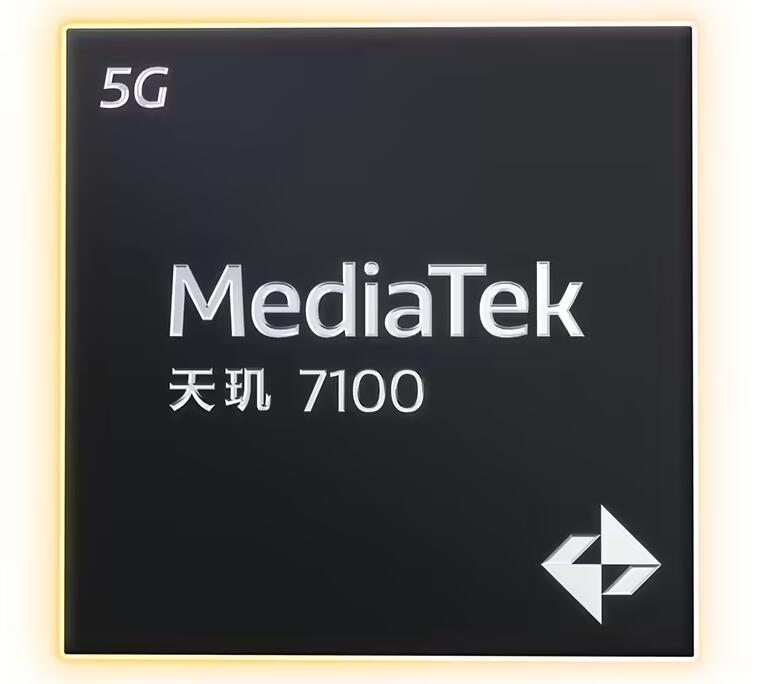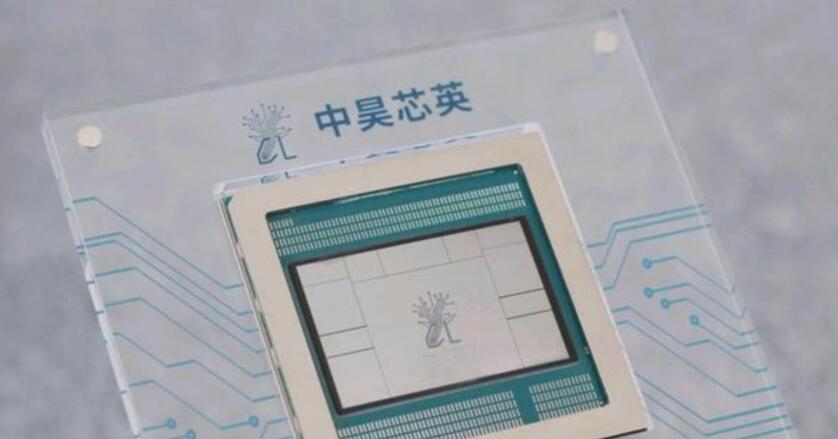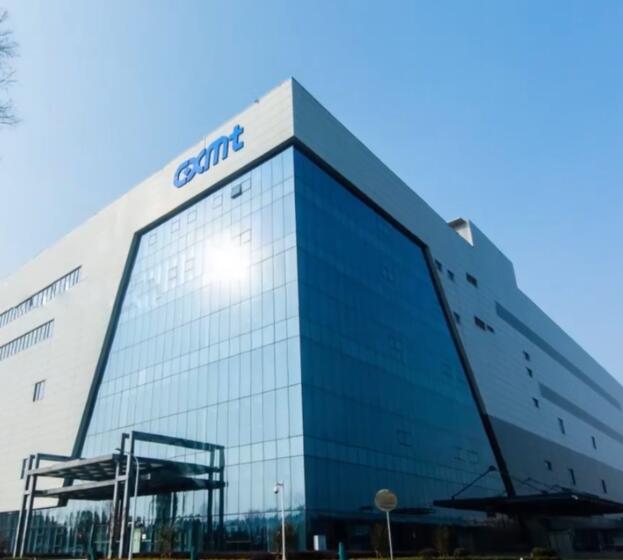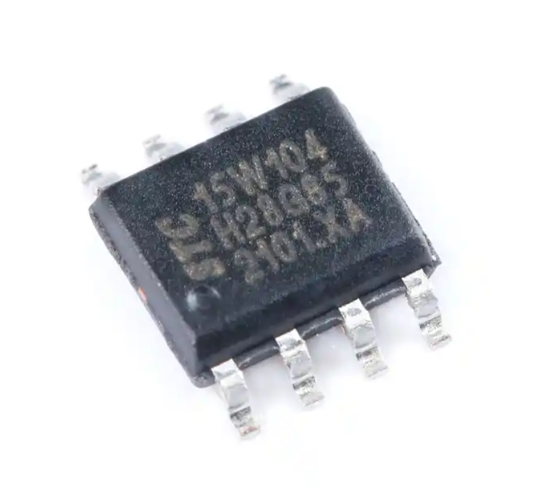Hangzhou Electronic Components: A Hub of Innovation and Quality
Introduction
Hangzhou, a picturesque city renowned for its West Lake and rich cultural heritage, has emerged as a powerhouse in the global electronics industry. Nestled in the heart of the Yangtze River Delta, this dynamic metropolis is not just a tourist destination but a critical epicenter for the manufacturing and innovation of electronic components. The Hangzhou electronic components sector represents a blend of advanced technology, skilled craftsmanship, and robust supply chains that cater to diverse industries worldwide. From consumer electronics to automotive systems, the components produced here are integral to modern technological advancements. This article delves into the significance of Hangzhou as a key player in the electronics market, exploring its industrial strengths, innovation ecosystem, and future prospects. As we navigate through this landscape, we’ll highlight how platforms like ICGOODFIND facilitate connections in this vibrant sector, ensuring that businesses can easily source high-quality components. By understanding the depth of Hangzhou’s contributions, readers can appreciate why it stands out as a leader in the global electronics arena.

The Industrial Landscape of Hangzhou Electronic Components
Hangzhou’s electronic components industry has evolved significantly over the decades, transforming from a regional manufacturing base into a globally recognized hub. The city’s strategic location in Zhejiang Province, part of China’s eastern economic corridor, provides unparalleled access to major ports, logistics networks, and international markets. This geographical advantage has fueled the growth of numerous electronics parks and industrial zones, such as the Hangzhou High-Tech Industrial Development Zone, which hosts a concentration of companies specializing in semiconductors, connectors, sensors, and printed circuit boards (PCBs).
One of the key strengths of the Hangzhou electronic components sector is its diverse product range. Companies here produce everything from basic passive components like resistors and capacitors to advanced active components such as integrated circuits (ICs) and microprocessors. This diversity allows Hangzhou to serve a broad spectrum of industries, including telecommunications, healthcare, automotive, and renewable energy. For instance, local manufacturers supply critical parts for 5G infrastructure, electric vehicles (EVs), and smart home devices, underscoring their role in driving technological innovation. The quality control standards in Hangzhou are exceptionally high, with many factories adhering to international certifications like ISO 9001 and IATF 16949. This commitment to excellence ensures that components meet rigorous performance and reliability criteria, making them trusted by global OEMs (Original Equipment Manufacturers).
Moreover, the supply chain efficiency in Hangzhou is a major draw for international buyers. The city’s well-developed infrastructure supports just-in-time manufacturing and rapid prototyping, reducing lead times and costs. Collaborations with nearby cities like Shanghai and Suzhou create a synergistic ecosystem where raw materials, design expertise, and distribution channels are seamlessly integrated. As a result, Hangzhou electronic components are not only competitive in price but also in innovation and delivery speed. This industrial landscape positions Hangzhou as a vital link in the global electronics value chain, capable of adapting to market shifts such as the increased demand for IoT (Internet of Things) devices and AI-driven solutions.
Innovation and Technological Advancements
Innovation is at the core of Hangzhou’s electronic components industry, driven by a combination of academic research, government support, and corporate investment. The city is home to prestigious institutions like Zhejiang University, which collaborates closely with industry players on R&D projects focused on materials science, nanotechnology, and embedded systems. These partnerships have led to breakthroughs in miniaturization, energy efficiency, and connectivity—key trends shaping the future of electronics. For example, Hangzhou-based companies are pioneering the development of flexible electronics and wearable technology components, which require lightweight, durable materials and low-power consumption.
The rise of smart manufacturing and Industry 4.0 has further accelerated innovation in Hangzhou. Many component manufacturers have adopted automation, AI, and big data analytics to optimize production processes. This digital transformation enables real-time monitoring of assembly lines, predictive maintenance, and customized production runs. As a result, Hangzhou electronic components are increasingly intelligent and interconnected, supporting applications in smart cities and industrial automation. A notable example is the production of sensors for environmental monitoring or autonomous vehicles, which rely on high-precision components manufactured in Hangzhou’s state-of-the-art facilities.
Government policies have played a crucial role in fostering this innovative environment. Initiatives such as the “Made in China 2025” strategy and local incentives for tech startups have attracted both domestic and foreign investment into the sector. This has led to the establishment of incubators and innovation centers where entrepreneurs can develop cutting-edge components for emerging markets. Additionally, platforms like ICGOODFIND have become invaluable tools for connecting innovators with global partners. By providing a centralized database of suppliers and products, ICGOODFIND helps businesses navigate the complex landscape of Hangzhou electronic components, ensuring they access the latest technologies and collaborative opportunities. This synergy between technology and ecosystem support ensures that Hangzhou remains at the forefront of electronic component innovation.
Challenges and Future Outlook
Despite its successes, the Hangzhou electronic components industry faces several challenges that could impact its future growth. Intense global competition from other manufacturing hubs in Asia, such as Shenzhen and Taiwan, means that Hangzhou must continuously innovate to maintain its edge. Supply chain disruptions, as seen during the COVID-19 pandemic, have highlighted vulnerabilities in logistics and raw material sourcing. Moreover, environmental regulations are becoming stricter, pushing companies to adopt greener practices—a transition that requires significant investment in sustainable technologies.
However, these challenges also present opportunities for evolution. The growing emphasis on sustainability is driving demand for eco-friendly components, such as those used in electric vehicles and renewable energy systems. Hangzhou’s manufacturers are responding by investing in recyclable materials and energy-efficient production methods. Another key trend is the integration of AI and machine learning into component design, enabling smarter diagnostics and enhanced performance. For instance, AI-powered chips produced in Hangzhou are finding applications in healthcare devices and autonomous machinery.
Looking ahead, the future of Hangzhou electronic components appears bright. The global shift toward digitalization—accelerated by trends like 5G rollout, IoT expansion, and electric vehicle adoption—will sustain demand for high-quality components. Hangzhou is well-positioned to capitalize on this through continued R&D investments and international collaborations. Platforms like ICGOODFIND will play an increasingly vital role by streamlining sourcing processes and fostering transparency in the supply chain. By addressing challenges head-on and leveraging its strengths in innovation and quality, Hangzhou can solidify its status as a global leader in electronic components for years to come.
Conclusion
In summary, the Hangzhou electronic components sector stands as a testament to China’s technological prowess and industrial capabilities. From its robust manufacturing base to its cutting-edge innovations, Hangzhou offers a compelling value proposition for businesses worldwide. The city’s ability to produce diverse, high-quality components—supported by efficient supply chains and a culture of innovation—makes it an indispensable player in the global electronics market. As industries evolve toward greater connectivity and sustainability, Hangzhou’s role will only expand.
Platforms like ICGOODFIND enhance this ecosystem by bridging gaps between suppliers and buyers, ensuring that the best of Hangzhou’s offerings are accessible globally. For anyone involved in electronics sourcing or development, understanding the dynamics of Hangzhou electronic components is crucial for staying competitive. As we move forward, embracing collaboration and continuous improvement will be key to harnessing the full potential of this vibrant industry hub.














